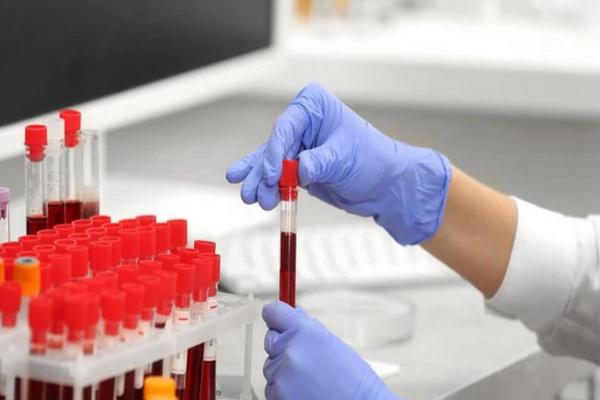Blood taken from a vein or finger is transferred to a laboratory that analyzes its composition. Thanks to such tests, you can detect some diseases, as well as determine the level of mineral substances or the effectiveness of the drugs taken. Based on a blood test, the doctor can determine the patient’s health status and, if necessary, recommend appropriate treatment.
Tests can be especially useful in the following cases:
- assessment of the functioning of certain organs, for example, the kidneys, liver or heart,
- diseases such as cancer, HIV / AIDS, diabetes, anemia, lupus, and heart disease,
- blood tests can help determine risk factors for cardiovascular disease,
- evaluation of the effectiveness of the drugs taken
- assessment of blood coagulation time,
Many people worry about how to take care of their health, or are wondering what can be done to improve their health. An annual blood test is one of the most important steps we can take to do this. This is especially true for older people, as regular tests can help detect early, often life-threatening, diseases. Unwanted changes in our body can be detected by a blood test long before the onset of symptoms of the disease. So, the systematic passing of tests can not only extend our life, but also ensure its proper quality.
Blood tests are often treated regularly, and only a basic test is ordered. Markers indicating a risk of disease are not tested. If blood is not analyzed more thoroughly, we may be at risk of disability or even death.
Countering dangerous diseases is not the only advantage we can get from a regular blood test. There are many others. For example, you can improve your quality of life by controlling your hormone levels. Their inappropriate level can affect our mood and memory impairment.
It is also important to know your blood type. If you need a blood transfusion, you can donate blood faster.
Although many diseases can be detected through blood tests, it is important to remember that not all diseases and health problems can be diagnosed based on them. Then the doctor should become familiar with other factors that affect us. These may be symptoms of our illness, previous illnesses, or the results of other tests and procedures.








